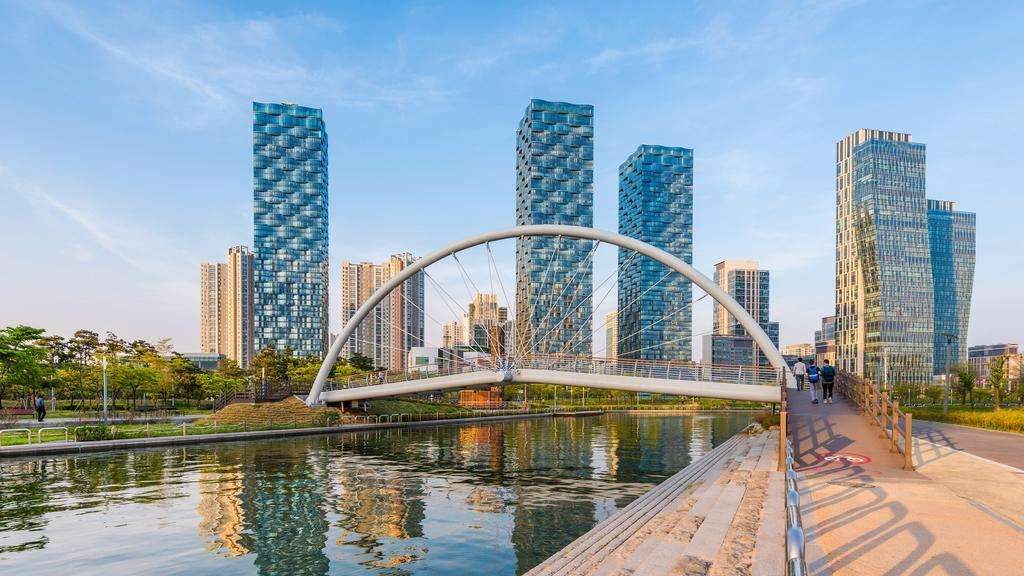Inequality in the smartest cities,
The great cities of the planet contain a plethora of stories, and are home to stories of wealth, innovation, and architectural wonders.
They are also home to stories of inequality, injustice and urban divisions,
places where an individual’s income determines the quality of the spatial environment around them.
From within these stories has emerged a growing call to make cities “smarter,”
with the goal of using data and digital technology to build more efficient and convenient urban environments.
The problem is that in many contexts the push for smarter cities can increase the inequality
that already exists somewhere if urban structural issues are not addressed.
There is no specific definition of smart cities, but broadly they can be defined as cities that aim to use modern data collection technology
and infrastructure to provide more efficient and convenient urban environments for city residents.
Such as Yokohama’s initiative to reduce congestion and pollution caused by vehicles by implementing an electric car sharing service,
and increasing the number of electric car drivers in the Japanese city.

The Southeast Asian island of Singapore has responded to a growing demand for a scarce water supply by introducing NEWater technology,
to treat and purify wastewater to produce drinking water.
Achieving smart city status while meeting the urgent needs of the local population causes the imbalances that already exist in society to persist.
This is what happens in the countries that make up the so-called “global south”,
for which it is more difficult.
The smart city and its relationship to the digital city
A smart city is synonymous with a more digital city, where digital technology is deployed to control consumption and reduce carbon emissions.
In fact, this digitization prevents city residents,
who do not have access to devices such as smartphones and laptops,
from accessing certain services, however portrayed as improving residents’ lives and making government-provided services more accessible.
Rwanda’s capital, Kigali, which has made great strides in reducing pollution in its urban areas,
has recently drawn up plans for a “Vision City”.

This led to the creation of a tech-powered neighborhood with free Wi-Fi in the town square and solar street lights.
However, the project suffers from a problem familiar to the smart city of not taking social and economic realities into account.
Residents were forcibly evicted to make way for the project, and homes sold in Vision City for as high as $160,000 came within the reach of ordinary residents.
Inequality in smart cities
Foreign investment by for-profit technology companies in providing smart city services
is having a significant impact on the development of African cities.
For example, Swedish company Nokia, US company Culligan and UK company Inmarsat are all heavily involved in the Rwandan digital journey,
in initiatives ranging from installing smart classrooms to installing smart water systems.

On the Asian continent, countries like Indonesia have seen the disappearance of independent
and spontaneous public spaces, with the advent of rideshare Gojek.
The rideshare Gojek algorithm hides informal urban areas, as the app works based on the proximity of its drivers to customers.
In Makassar, the capital of the Indonesian island of Sulawesi,
the government has gradually integrated the 2014 smart city plan with the implementation of telemedicine services,
allowing residents to access healthcare consultations through mobile means.
This innovation, which caters to those who can afford mobile phones,
has marginalized the urban poor, who will not be able to access the same services because of the lack of contact with them.


 العربية
العربية